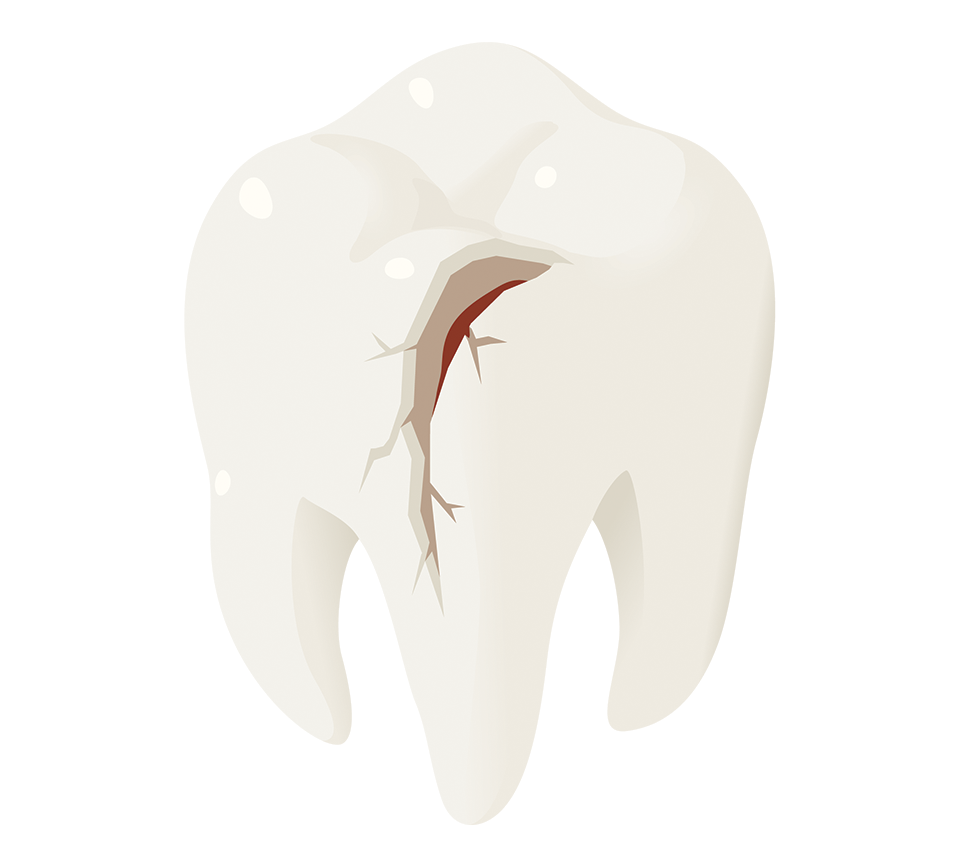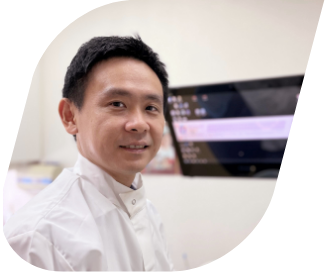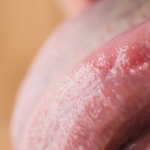Dental emergencies in Singapore
Filling dropped out? Chipped tooth? Swelling and pain? We’ll see you ASAP.
Call +65 6734 9393 or drop us a text on WhatsApp at +65 8777 0172 for an appointment.

Get medical help within the day
During office hours (Monday to Friday: 9am to 530pm and Saturday: 9am to 1pm), our dental clinic can arrange for you to see a dental specialist/ dentist within the day for your dental emergency.
After office hours (Beyond 530pm on Monday to Friday and after 1pm on Saturday, as well as on Sundays and Public Holidays in Singapore), you would need to reach out to Mount Elizabeth hospital or Gleneagles hospital’s A&E department.
Injuries to the teeth or oral tissues are common among adults and children. One survey reported that 16% of adults had experienced some damage to the teeth or mouth, affecting more males than females. The figures are worse for children, with an incidence of 35% and not surprisingly twice as many boys as girls being involved.

What is a dental emergency?
There are very few oral injuries which require immediate professional help. A toothache may hurt a lot but will not warrant a visit to the Accident & Emergency Department.
True emergencies need immediate attention. These include:
- Uncontrolled bleeding (from the gums)
- Facial swelling due to dental infections
- Loosened or dislodged teeth
- Broken teeth
- Midface fractures
- Severe cuts to the gums, lips or cheek
- Severe tooth infections which have spread to the face, causing facial swelling or neck swelling must be treated immediately – If left untreated, the swelling can eventually cut off air supply.
- Facial fractures from accidents or trauma also need immediate attention because if left untreated, the bones will set unevenly, leading to a misaligned jaw and subsequent difficulty in eating.
Pain relief at home before visiting an emergency dental clinic
Here are some simple home measures and remedies that can provide temporary relief until professional help can be sought.
Toothache
Over the counter painkillers are most effective if they are anti-inflammatory as most dental pain is caused by inflammation. Drugs containing Paracetamol and Ibuprofen are especially effective, but be careful not to exceed the dose limit for Paracetamol. If there is an open cavity visible, applying a drop of oil of cloves directly into the cavity can help. This is commonly available from pharmacies or health food stores.
Lost fillings or crowns and broken teeth.
Temporary dental filling material is available from pharmacies.
Pinch off a small amount and roll it into a ball. Try to dry the cavity with a tissue rolled into a point and then push the cement into the cavity and smooth it off with your finger.
This can also be used to recement crowns that have come off. Dry the crown and tooth with a tissue, place a small amount of material into the crown and push it firmly back into place. Allow to set for 30 minutes and avoid heavy biting until you see the dentist.
Trauma to the teeth.
If the tooth is displaced forwards, backwards or sideways, try to reposition it immediately with your finger back to its original position. Do not bite on it and see your dentist as soon as possible.
If the whole tooth has been knocked out, then handle the tooth only by the crown and do not touch the root. Rinse with cold milk or water if no milk is on hand. Do not scrape off any soft tissue on the root or try to scrub it. Replace into the socket and bite on a folded cloth to reposition it. Do not eat it and choose a soft diet. You should arrange to see your dentist as soon as possible.
Displaced deciduous (baby) teeth should be gently repositioned if it interferes with the bite. If not they can be left and may spontaneously reposition themselves. Baby teeth that are completely knocked out should not be replaced to avoid the risk of further trauma to the underlying adult tooth.
Trauma to the soft tissues (eg. lips and tongue)
This can occur due to external trauma or simply accidental biting. There might seem to be a lot of blood as the bleeding mixes with saliva to give the appearance of more blood than there is. Fortunately, oral lesions do not often get infected as saliva provides excellent protection. Warm salt mouth rinses can help keep the wound clean. Antiseptic mouthwashes with Chlorhexidine are also very good. Bleeding can be stopped with a damp gauze/handkerchief and pressure. Avoid using dry gauze as it will stick to the wound and bleed again when removed.
Ulcers
Relief can be sought with the use of a mouthwash or lozenges containing Benzydamine to help numb the pain. Pharmacies carry a range of medications for the treatment of oral ulcers.
Swelling
Apply an ice-pack to prevent the swelling from getting larger. This can develop into a serious condition should the infection spread so a visit to the dentist as soon as possible is recommended.
Broken dentures
Collect any fragments and try to fit them together. Do not attempt self-repair with super glue. If any pieces are missing and you are suspicious they have been swallowed or inhaled then this may or may not give rise to breathing difficulties. Visit the dentist as soon as possible.
Wisdom teeth
When these erupt, the gum can be tender and inflamed. If the tooth is impacted, infection can happen. Maintaining good oral hygiene with the aid of an antiseptic mouthwash will help. Painkillers as above will also help, but if infected a course of antibiotics is indicated. Ultimately they may require a wisdom tooth extraction surgery.
Meet our dental specialists
Our fully trained team is dedicated to keeping timely and painless care of your teeth.
















